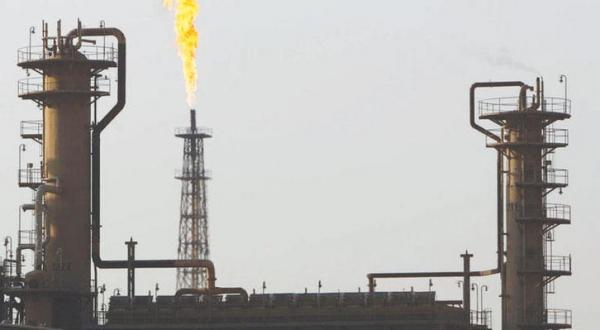
The meeting will include major oil producers who will be urged to freeze their oil output to support the market stability
Khobar- Since the four OPEC members, Saudi Arabia, Venezuela, Russia and Qatar have met last month in Doha, everybody has been waiting to know the setting of the next meeting that will include major oil producers, in a step urging them to freeze their oil output to stabilize the market.
This time the meeting will not be held with only four members, but more than ten members will participate, according to what four of the OPEC members told Asharq Al-Awsat.
The members will be meeting in mid-April in a plan to freeze output levels in order to support prices, they added.
An earlier plan was to meet on March 20 in Russia, but sources familiar with the matter said last week this was unlikely to take place. So far no countries have received invitations or an agenda for a meeting, the four OPEC delegates said.
The probability that Doha will host the meeting is high as Qatar is heading the OPEC ministerial conference this year, despite Russia being the country that called for it. Moreover, the meeting may still not take place if there aren’t many important producers attending and agreeing beforehand to freeze production outputs.
It seems that Iran will not join the meeting since the Iranian Oil Minister Bijan Zangeneh said in statement on Saturday that his country will not join the freeze agreement until it boosts its crude output to 4 million barrels a day.
Despite this statement, Russia expects the meeting to be held even if Iran did not participate. Earlier that day, the Russian Energy Minister Alexander Novak met with Iranian Oil Minister Bijan Zanganeh in Tehran. He told reporters after the meeting that Iran is still insisting on increasing its oil output disregarding any possible freezing decisions.
Novak added that OPEC and non-OPEC members are most probably to hold the meeting in April to conclude an initial agreement regarding freezing oil production levels to boost the prices in the market. He also said that the meeting might be held in Doha, Qatar.
Novak said that Iran has the right to back out of the deal until the recovery of its oil output, which had been hit by now-lifted international sanctions over its nuclear program.
“We share the view that Iran is in a special situation. The sanctions that had been introduced had materially hit Iran’s output,” he added.
Iran must regain its share of the global oil market before it participates in any agreement among oil producing countries to restrict supply, the chief of staff to President Hassan Rouhani said on Thursday.
A collapse in the price of oil since mid-2014 has led some big exporters to suggest an output freeze, but Iran is focused on increasing supply following the lifting of international sanctions earlier this year.
“Of course the oil market has to be managed more wisely,” Mohammad Nahavandian said at the Royal United Services Institute in London.
“For Iran to participate in supply reduction, the prerequisite is to come to … the share of the market it had and then from that position help with a decrease in supply.”
Nahavandian said Iran’s reliance on oil revenue was now minimal, and that it was up to other producer countries to act to restrict supply.
